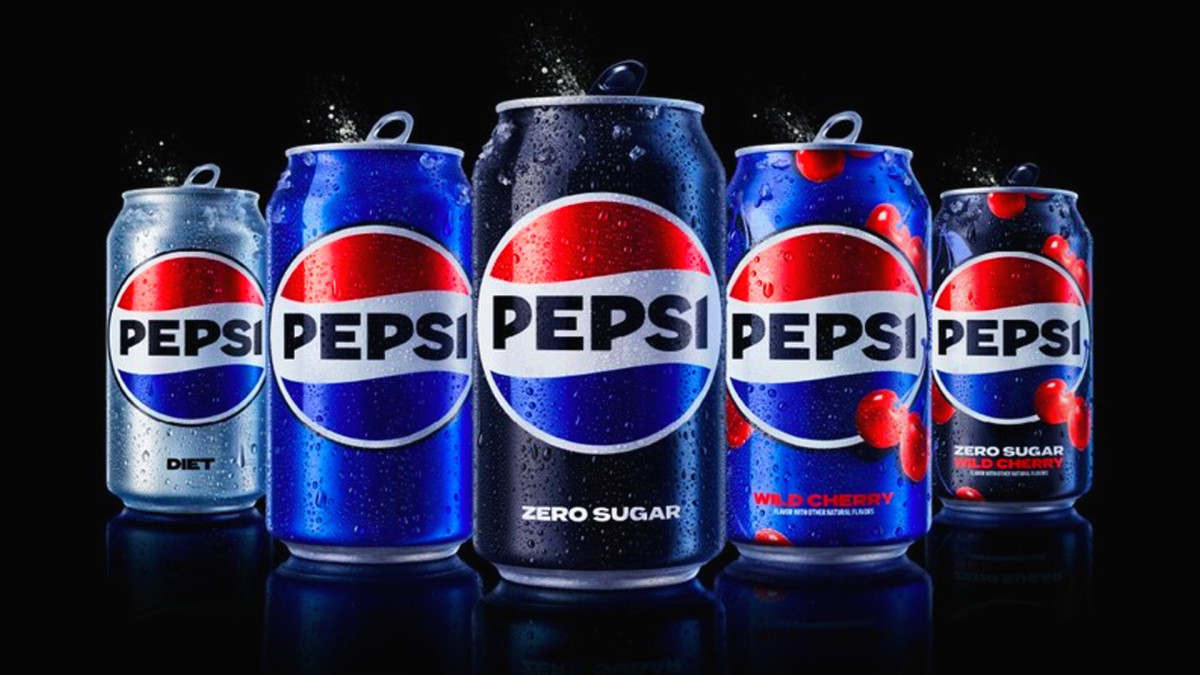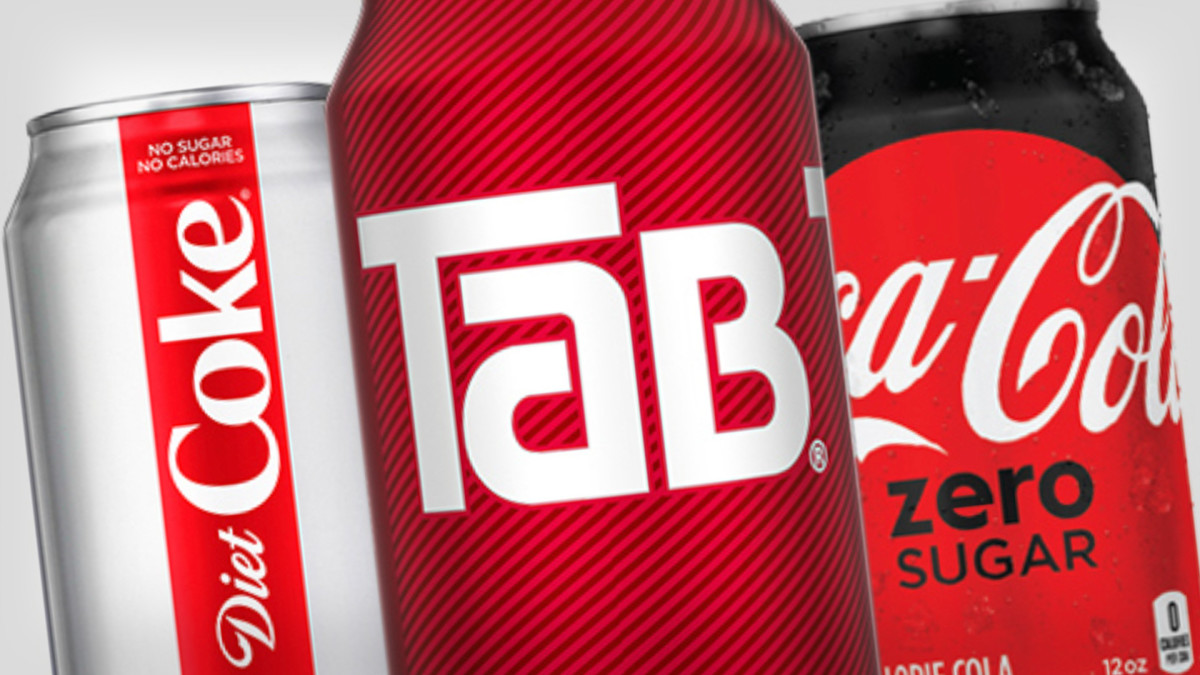
Coca-Cola shocked customers in 2020 by slashing its beverage lineup. Normally, the company might drop a flavor or even cut an entire brand, but dropping nearly 200 sodas at once was not expected.
In some cases, the moves made sense. Coca-Cola (KO) dropped the Odwalla Juice line because it required the company to use refrigerated trucks. It also sold the Zico coconut water brand back to its founder because it simply wasn't growing fast enough.
Related: Wendy's menu adds an improved take on a McDonald's classic
Coke outraged some of its longest-standing customers, however, when, as part of those changes, dropped its original diet soda, Tab. While it had dropped in popularity, Tab had a devoted fanbase that has organized to try to pressure the company to bring the precursor to Diet Coke back.
That has not happened so far even though Coca-Cola could easily bring it back on a mail-order-only or otherwise limited basis.
Coke has not been alone in making difficult cuts. Rival PepsiCo (PEP) dropped the entire Sierra Mist line in 2023 replacing it with Starry, an attempt to reach younger drinkers and take market share from Sprite. Pepsi, however, was not done making changes to its soda lineup when it stopped making Sierra Mist.
The company has cut three flavors of its signature soda after a drawn-out goodbye.

Image source: Coca-Cola
PepsiCo drops three signature flavors
Pepsi has followed a different path with the three flavors it most recently decided to drop. The company shared back in December that it planned to stop making Pepsi 1893, Pepsi Berry, and Pepsi Cherry Vanilla.
At the time, the company more or less said it planned to wind down those brands. It marked them as "limited availability" on its website but made it clear that inventory remained and customers might be able to find them in some stores.
That, in theory, gave fans of the three soda flavors a chance to say goodbye. It was a strained farewell, however, as the company provided no details as to when supplies might run out.
We now know that answer as PepsiCo has marked all three brands as discontinued on its website. The move ends an experiment where Pepsi was trying to disrupt Coke as a mixer for high-end cocktails.
"The 1893 Top Shelf bartender program serves as an extension of the new flavors campaign, demonstrating that a premium spirit is best enjoyed with a premium cola. The program will enlist some of the nation's top award-winning bartenders and explore how today's mixologists are incorporating past and present flavors surrounding the kola nut into clever, refined modern cocktails," the company shared.
Originally the line contained multiple flavors including Ginger, Citrus, and Black Currant Colas alongside the classic cola flavor.
PepsiCo sees a sales slowdown
Like Coca-Cola, PepsiCo has been making changes based on changing consumer behavior. That's something CEO Ramon Laguarta talked about during the company's fourth-quarter earnings call.
"We're seeing a bit of a slowdown in the U.S. both the food category and the beverage category in the Q4. Part of that slowdown is due to pricing and disposable income situation. Part of that is also pivoting between in-home consumption and away-from-home consumption that we're seeing in our business in the U.S. We think that might continue into next year, so that's why we're lowering our guidance," he said.
In its fourth-quarter earnings report, PepsiCo revised its guidance from a 10% increase in organic revenue to a 4% increase. Laguarta, however, remains optimistic about the market.
"We feel good in the sense of very low unemployment, we feel good about the fact that we think wages will go higher than inflation next year. And we hope that by the summer interest rates will go down and that will create another source of oxygen for this possible incoming household. So we feel good about the consumer in the U.S.," he added.
PepsiCo shares are down roughly 10% over the past 12-month period.







